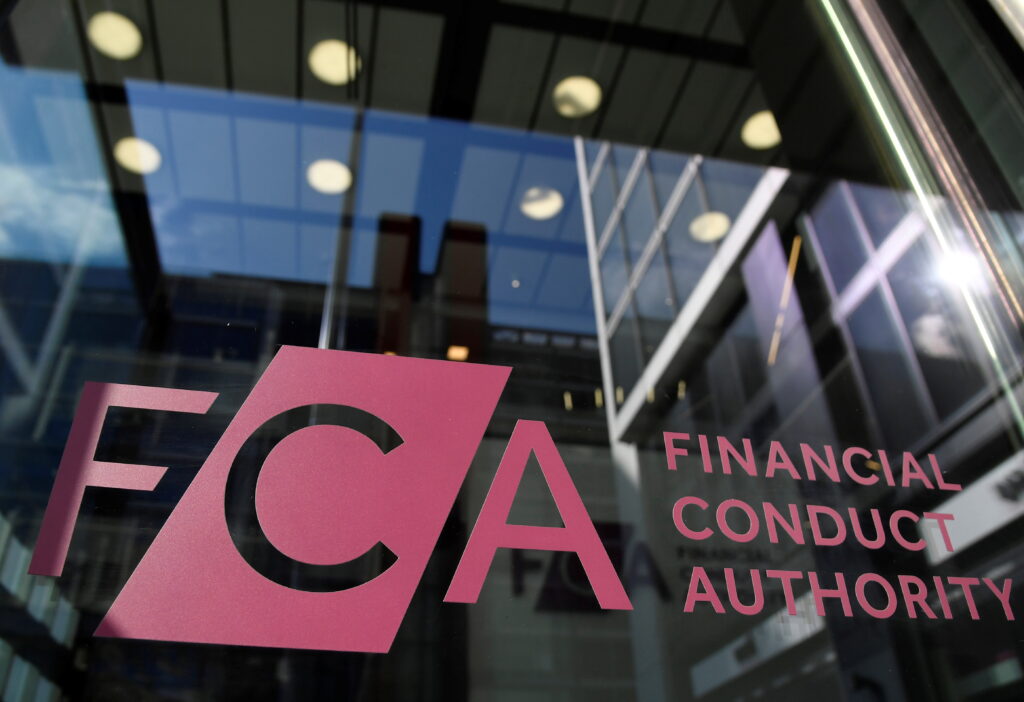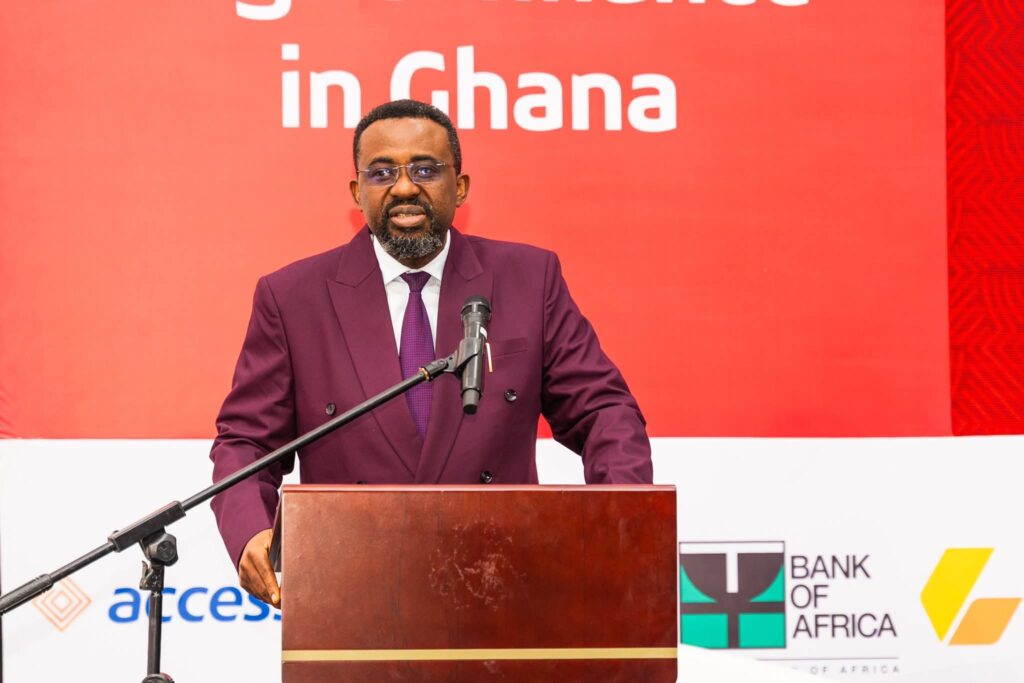This is a republished post from Ethel Cofie’s website
When Dr. Johnson P. Asiama, Governor of the Bank of Ghana, stepped up to address the banking industry on June 17, 2025, few expected a speech that would quietly redraw the contours of Ghana’s financial sector.
But that’s exactly what happened.
Instead of incremental tweaks or vague optimism, Governor Asiama delivered a clear-headed, future-forward roadmap for Ghana’s digital financial ecosystem—one rooted in shared infrastructure, open innovation, and collaborative power between banks, fintechs, and regulators.
Here’s what we believe his approach signals—and why it might mark an interesting turning point for Ghana’s fintech space.
A Governor with a Platform Mindset, Not a Pipeline One
The Governor’s most powerful idea was deceptively simple: the next phase of financial inclusion in Ghana will be platform-led, identity-secure, and open by design.
“The future of banking is open—not siloed,” he said, signaling a central bank that doesn’t just regulate the rails but is now helping to lay them.
Rather than resisting fintech disruption, Governor Asiama’s BoG is embracing it as a public utility challenge.
This means open APIs, shared biometric identity infrastructure, and an emphasis on co-designed microproducts like insurance, savings, and pensions for underserved markets.
A Future-Ready Fintech Ecosystem — If We Dare to Align
The speech outlined three priority pillars:
Open Banking Readiness:
A Technical Working Group on Open Banking is being initiated—a strong sign that the Bank of Ghana intends to standardize APIs, enable customer data portability, and push banks to compete through innovation, not gatekeeping.
Impact: Fintechs that were building in the shadow of banks may now find formal pathways into the ecosystem—if they’re ready to play by open rules.
National Digital Identity Integration:
With over 24 million mobile money accounts but low uptake of formal credit and savings products, the Governor’s focus on biometric digital identity is crucial.
Surprise: The BoG is mandating that all financial institutions adopt interoperable ID systems by the end of the year—unlocking seamless KYC, fraud prevention, and rural onboarding at scale.

Co-Creation for the Last Mile:
He’s calling for collaborative product design—banks, telcos, fintechs—delivered through agent models, digital-first credit tools, and microservices for informal sectors.
This isn’t lip service. The BoG’s regulatory sandbox is evolving into a digital-first testbed, and a new AI & Risk Governance group will co-develop standards for AI use in lending and fraud detection.
Can government agencies align around identity and infrastructure without bureaucratic drag?
What This Means for Fintech in Ghana
This is a quiet revolution—but one with serious implications:
- Fintechs must mature—compliance and interoperability are no longer optional.
- Banks must unbundle—or risk losing their role as primary financial institutions.
- Investors should take note—regulatory clarity is arriving, especially with the upcoming Virtual Assets Bill and AI frameworks.
The Governor’s vision presents structure without stifling, inclusion without shortcuts, and a deep understanding that true innovation requires more than access—it needs trust, identity, and intelligent coordination.
The Wildcards and Watch Points
For all its clarity, the Governor’s strategy is still early-stage. Questions remain:
- Will the central bank invest directly in shared infrastructure, or depend on industry?
- Can digital identity initiatives integrate seamlessly with national ID systems?
- Will commercial banks respond with bold enough product pivots?
- Can government agencies align around identity and infrastructure without bureaucratic drag?

The Bigger Picture: Ghana’s Shot at Global Leadership
In a continent where many central banks are either reactive or regulatory-heavy, Governor Asiama’s approach is surprisingly modern.
Referencing how the UK’s Financial Conduct Authority (FCA) is partnering with NVIDIA to explore AI regulation, he invited Ghana’s industry to lead—not just follow—on the global stage.
This is Ghana’s opportunity to build a next-generation financial system: open, portable, inclusive, and AI-ready.
It’s not just about banking the last mile—it’s about turning the last mile into the first step of a new economy.





